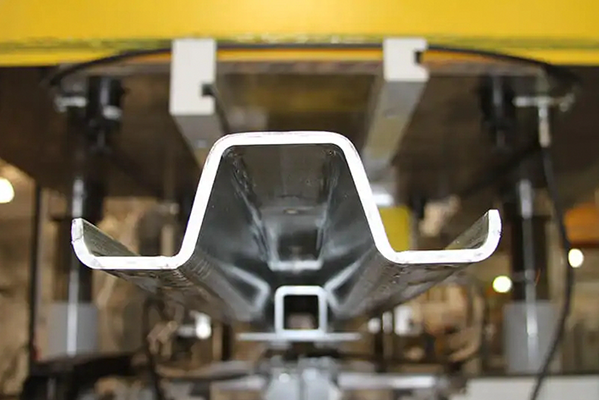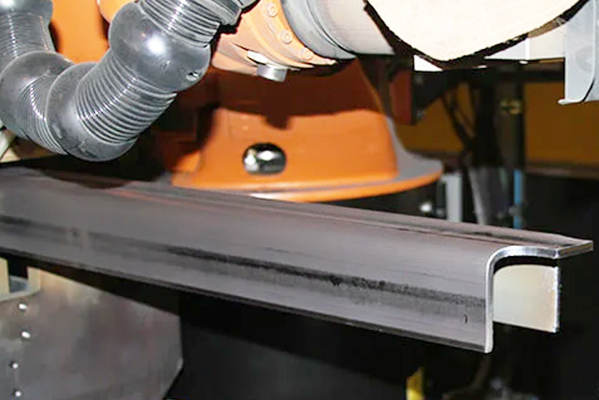Navigation Menu
Contact Us
- Email:
- info@wxavatar.com
- Address:
- Yurong Village, Yuqi Street, Huishan District, Wuxi, China.
Release Date:Jun 17, 2025 Visit:71 Source:Roll Forming Machine Factory
Absolutely. Roll forming solutions demonstrate consistent and dependable performance across a wide array of applications. This manufacturing process, which involves continuously bending a long strip of metal into a desired cross-section, offers several advantages that contribute to its reliability in diverse industries.

One key aspect of roll forming's reliable performance is its precision. The process allows for the production of highly accurate and uniform profiles, which is crucial for applications demanding tight tolerances. Whether it's for structural components in construction, intricate parts in automotive assemblies, or specialized profiles for solar panel frames, the consistency achieved through roll forming ensures that each piece meets the required specifications. This precision minimizes variations, leading to predictable and stable performance in the final product.
Furthermore, the adaptability of roll forming contributes significantly to its widespread reliability. The ability to work with various metal types, including steel, aluminum, brass, and copper, as well as different gauges, makes it a versatile solution. This adaptability means that roll forming can be tailored to the specific material properties and strength requirements of an application. For instance, in the aerospace industry, roll-formed components can be engineered to be lightweight yet strong, contributing to fuel efficiency and structural integrity. In the agricultural sector, robust and corrosion-resistant profiles are created to withstand harsh environmental conditions.
The continuous nature of the roll forming process also plays a role in its dependable output. Unlike batch processes, roll forming operates continuously, which can lead to higher production rates and reduced per-unit costs. This efficiency, combined with automated controls and in-line capabilities such as punching, notching, or welding, minimizes human error and increases overall process stability. The consistent flow of material and precise tooling ensures that performance remains reliable over long production runs.
Moreover, the cold working process inherent in roll forming often enhances the material's mechanical properties, such as its strength-to-weight ratio. This can lead to the creation of components that are not only lighter but also possess improved structural integrity, further contributing to their reliable performance in demanding applications.

In essence, the combination of precision, material adaptability, continuous operation, and potential for enhanced material properties positions roll forming as a highly reliable manufacturing solution across numerous industries. Its consistent ability to produce accurate, strong, and specialized profiles makes it a valuable asset for a wide range of products and systems.